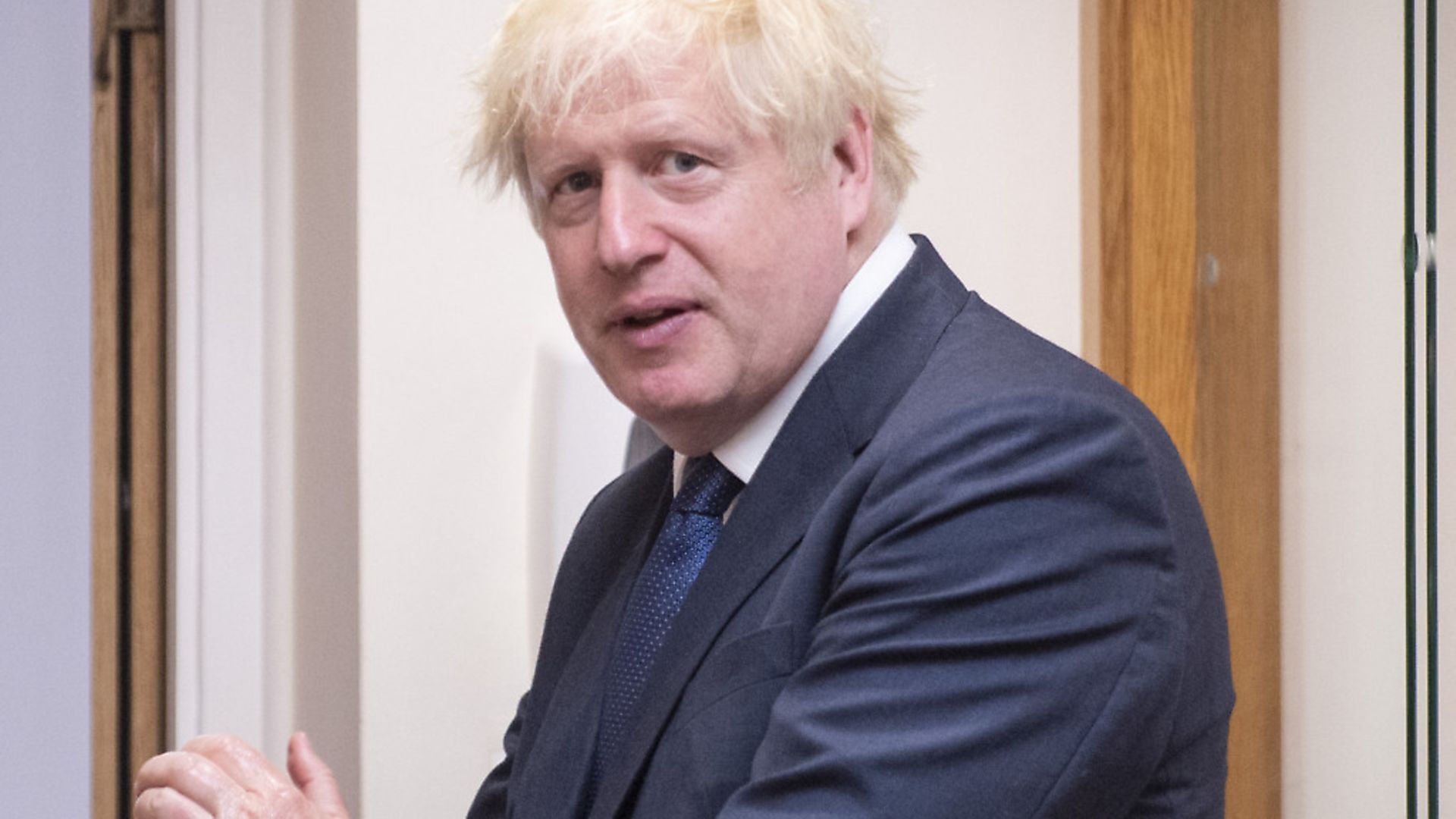
Boris Johnson’s pledge to negotiate ‘lucrative’ post-Brexit trade deals for Britain looks in doubt, a study has warned.
Dithering, a lack of strategy, and a general void of policy direction by Number 10 and Westminster politicians may have severely undermined the UK’s negotiating powers, a study by the Institute for Government (IfG) has suggested.
The think tank said a lack of vision by Westminster over its post-Brexit trade ‘priorities’ meant that other countries had the upper hand at the negotiating table.
It also warned that Britain’s food standards could be hardest hit as episodes like the US demanding the sale of its chlorinated chicken likely to be repeated in future trade talks.
The report blamed ministers for the ‘unforced error’ of jumping into complex trade talks without deciding what type of regulations Westminster wanted to impose after Brexit.
‘Three years ago, we warned that the government had not set up the necessary structures for effective decision making on key trade policy issues,’ said Maddy Thimont Jack, a senior researcher.
‘The government did not heed that warning then, but it now needs to move urgently to put them in place. Otherwise it will find itself losing control of trade and regulatory policy to better-prepared partners.’
The report comes as EU-UK trade talks remain in deadlock over issues such as the level playing field and fisheries policy.
Brexiteer MPs claimed it would be easier for Britain to strike trade deals with countries outside the EU after it left the trading bloc.
‘The only thing we have to fear is fear itself,’ Johnson said, quoting US president Franklin D. Roosevelt, before the 2016 referendum. ‘I think there is a huge opportunity. Do free trade deals, believe in ourselves.’
But recent estimates show new deals with the US and Japan – which have been hotly promoted by Brexiteers – will only add 0.2% and 0.07% to the UK economy respectively.
The IfG study, Trade and Regulation after Brexit, said it would be impossible to increase Britain’s ‘regulatory autonomy’ while it tried to clench new trade deals because, it says, the UK will be told to change their standards in return.
It said that Britain could ‘easily fall victim’ to other nations ‘threatening to collapse the talks if they do not get what they want’ and will be ‘vulnerable to challenge’ at the World Trade Organisation, if its currently dysfunctional dispute system becomes operational again.
Researchers claimed that the UK’s failure to develop a strong regulatory framework meant it risks being ‘pushed into making concessions it shouldn’t’ which could threaten the union because devolved government could choose to throw out any deal negotiated by Westminster.
Warning: Illegal string offset 'link_id' in /mnt/storage/stage/www/wp-includes/bookmark.php on line 357
Notice: Trying to get property 'link_id' of non-object in /mnt/storage/stage/www/wp-includes/bookmark.php on line 37






